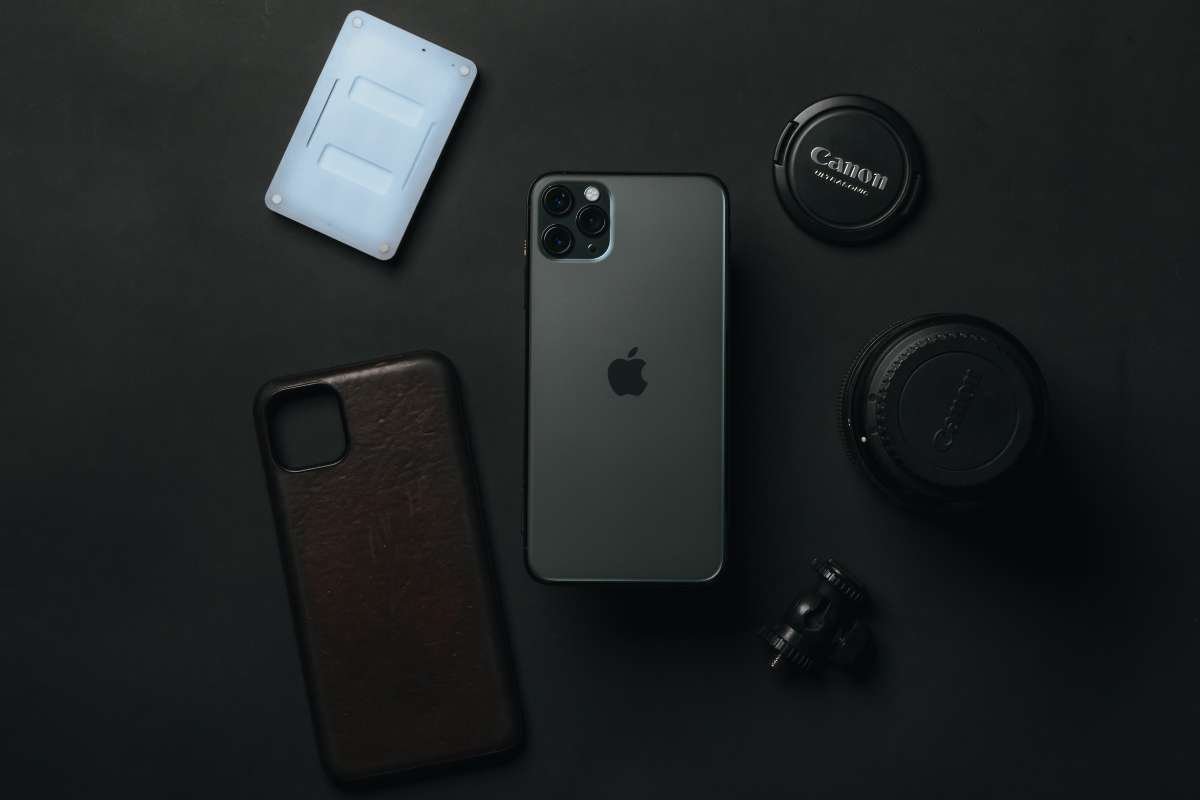Section 1: A Case-Free Revolution Gains Ground
As smartphones become increasingly durable, a growing movement of “phone minimalists” is embracing the case-free lifestyle. For some, ditching the case is a matter of aesthetics, status, or pure curiosity. When one tech writer decided to test this trend firsthand, he committed to a month without his iPhone’s protective shell. Initially drawn in by the sleek, unencumbered feel of a caseless device, he discovered what many modern smartphone owners are beginning to believe: today’s devices are built tougher than ever.
Industry experts agree. Phones now sport advanced glass technology, such as Corning’s Gorilla Glass and Apple’s Ceramic Shield, which drastically improve drop resistance. Yousef Ali, CEO of Blast Radio, summed up the appeal by comparing protective cases to unnecessary layers: “It’s like putting a vinyl cover on your couch to save the fabric.”
But the case-free movement isn’t just about looks. Users like North Carolina’s Jonna Valente report feeling more present and less glued to their screens after going caseless. The added vulnerability, she says, made her more mindful about her usage. Still, this lifestyle comes with risks, and not everyone who tries it walks away unscathed.
How Tough Are Modern Smartphones, Really?
The rise of case-free culture owes a lot to technology. Corning’s Gorilla Glass—used in devices from Apple to Samsung—is treated with molten salt baths that replace small ions in the glass with larger ones, creating compression that strengthens the material. According to Lori Hamilton, Corning’s Director of Technology, their latest glass iteration can survive drops from over two meters.
Outside labs confirm this durability. Consumer Reports’ drop tests, which simulate repeated impacts on concrete, show that today’s phones are significantly more resilient than in the past. “We haven’t seen a phone fail the drop test in a long time,” says Rich Fisco, the organization’s head of electronics testing. However, even he keeps his personal phone in a case—just in case. “I’m cheap,” he jokes.
Still, not every phone user shares that mindset. Despite 78 million Americans reporting phone damage in 2024—a drop from 87 million in 2020—most still play it safe. And for many, the stakes are high: newer devices easily cost upwards of $1,000.
One Month Without a Case—and a Return to Reality
The month-long experiment of living without a phone case turned out to be a psychological tightrope. Though the writer survived multiple drops—including a heart-stopping fall down a flight of stairs—with only a minor dent to show for it, the constant anxiety eventually took its toll. “Every near miss felt like a warning,” he admits.
Others weren’t so lucky. A friend who proudly flaunted his older, caseless iPhone ended up with a shattered screen and a broken camera lens. That moment served as a stark reminder: even with modern glass, phones are not indestructible.
So is it safe to go without a case? Technically, yes. But as Fisco puts it, “The real question is, are you a gambler?” For most people, a sleek look may not be worth the stress—or the repair bill. Still, some will continue to chase that bare, beautiful thrill.
Visit CIO Women Magazine For The Most Recent Information.









